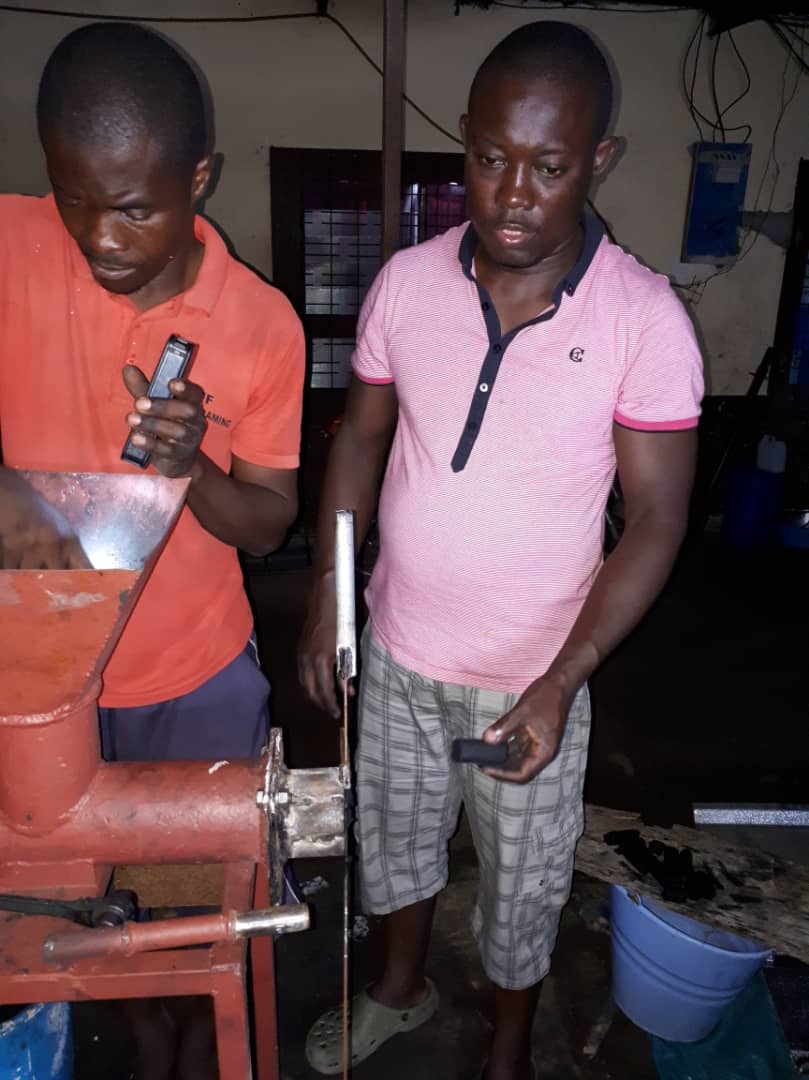Location(s)
Tags
SDG(s)
Sustainable Development Goal(s)
Powered by


SDG(s)
Sustainable Development Goal(s)
 2Zero hunger
2Zero hunger 14Life below water
14Life below waterPlease be aware that the content herein has not been peer reviewed. It consists of personal reflections, insights, and learnings of the contributor(s). It may not be exhaustive, nor does it aim to be authoritative knowledge.

Comments
Log in to add a comment or reply.